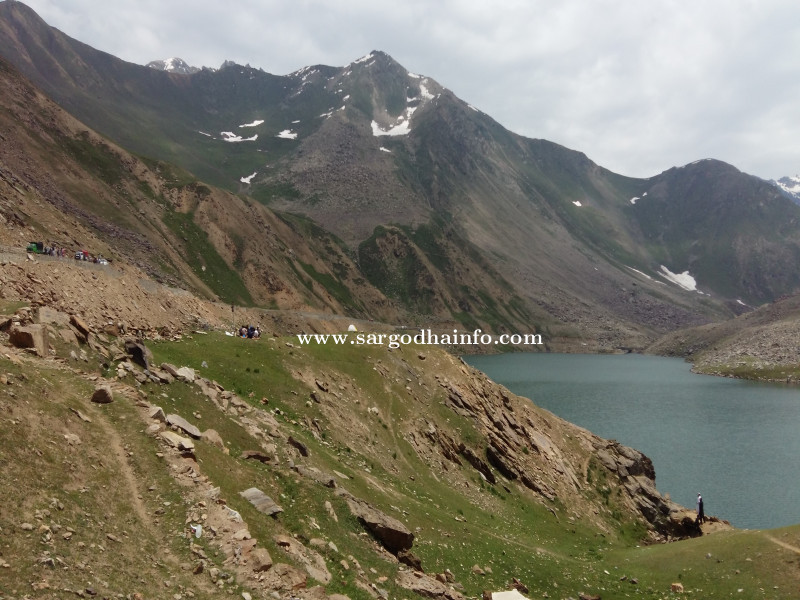-

-
-
Loading

Loading

A wilderness doctor explains how to prepare for the heat, humidity and other challenges of the outdoors during hot, humid weather. There are many state and national parks in the country. But if you're away from home, you should make sure you're prepared for the weather and other conditions you may encounter on your trip, especially if you're not an experienced traveller. Hot weather or other bad weather you are accustomed to can cause death.
Dr. D., director of wilderness medicine at Harvard-affiliated Massachusetts General Hospital.In the mountains or forests of North Carolina,” said N. Stewart Harris. But do not forget to tell people who are not there where you are going, your wishes, and when you want to return. Most national parks require reservations or permits to stay overnight or travel to certain areas and keep records of day hikers; so, register as required. If you get injured or lost, this information can make a big difference in finding you faster. Cell phone service may or may not be available in many wilderness areas; so, don't rely on using your phone's GPS. However, if you live in a steep and forested area, Dr. says you may not be able to see 100 meters in front of you and you may become more anxious.
Harris said. Weather Hazards see the weather forecast first. Always check the weather forecast to prepare for changes. Temperatures will drop and winds may increase as you go higher. Dr. Harris said lightning is something to worry about if you live in an area prone to storms. Learn lightning safety tips from the Centres for Disease Control and Prevention. Since these storms usually hit in the afternoon, you can reduce your risk by traveling early in the day. During any exercise, especially walking, which often requires physical exertion, drink plenty of water to replace water lost through sweating. If there is a strong wind on a hot day, you will not notice that you are sweating. Pay attention to signs or warnings telling travellers how much water they should carry. But temperature isn't the only consideration.
“If you live in Arizona and the temperature is above 100°F, your body may release more heat through sweat than in a humid climate,” says Dr. Harris said. For example, in the Great Smoky Mountains, temperatures in July will only be in the upper 80s. However, humidity usually hovers around 75% or higher. This means your sweat evaporates more slowly, so your body's cooling system doesn't work either. If you start to feel overheated, remember to rest and stay hydrated. So please check before you go. Here are five key points to consider.
If you're hiking on rocky or uneven terrain, hiking boots will provide more support than tennis shoes.
It will make it easier, but it will also bring layers, rain or bad weather.
When the sun goes down the temperature can be surprising in some places; So, if you'll be out longer than expected, be prepared to wear extra clothing as necessary.
To protect yourself from the bright sun, don't forget to apply sunscreen all over your skin before you hit the road.
If you veer off course or get into trouble, you'll be glad you did it.